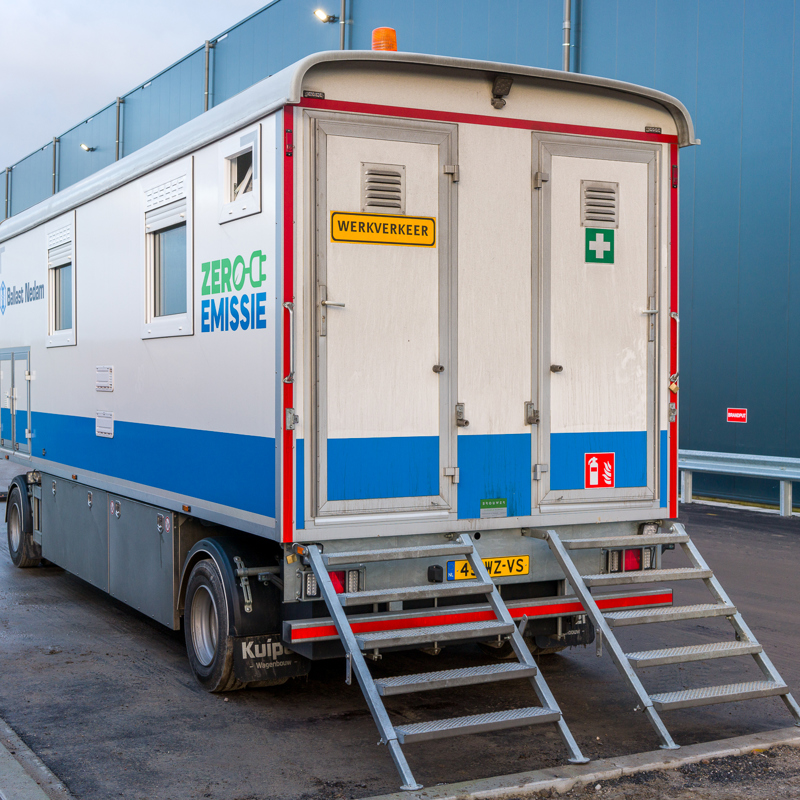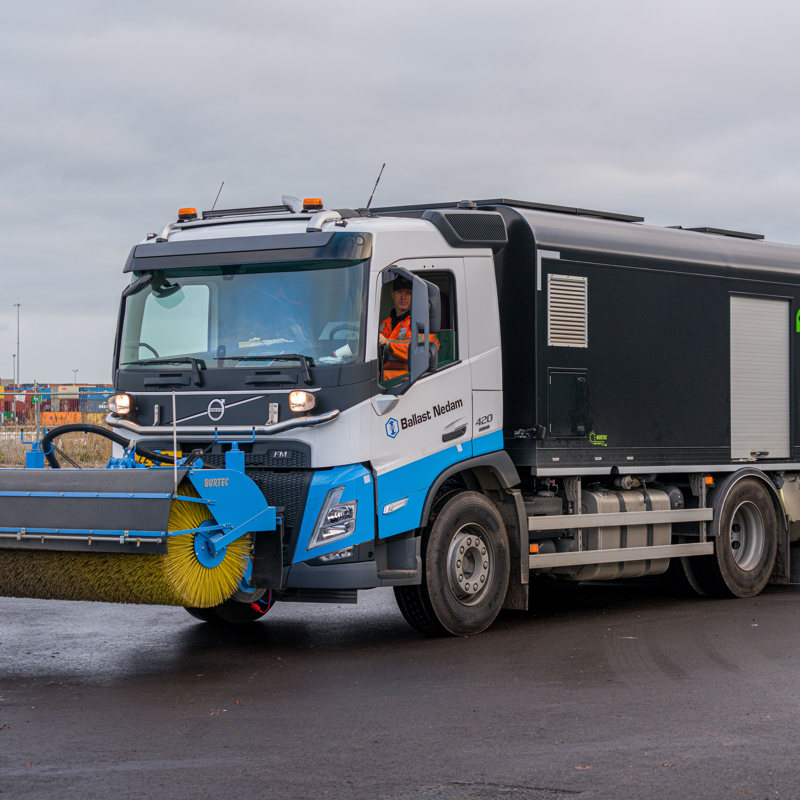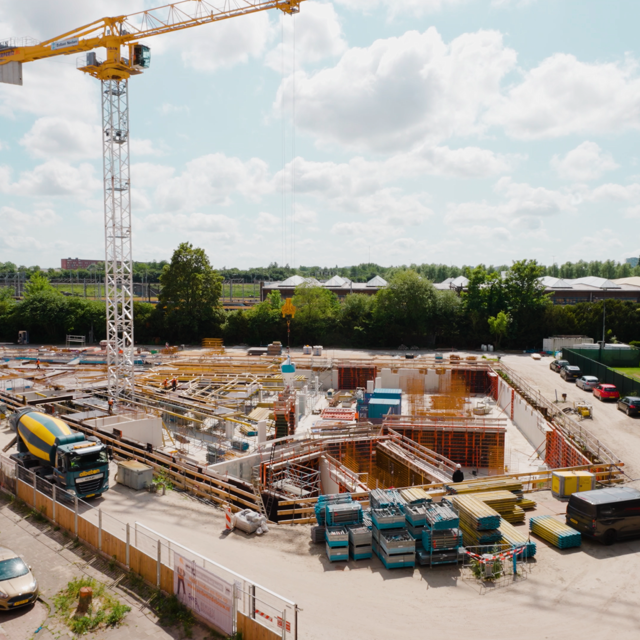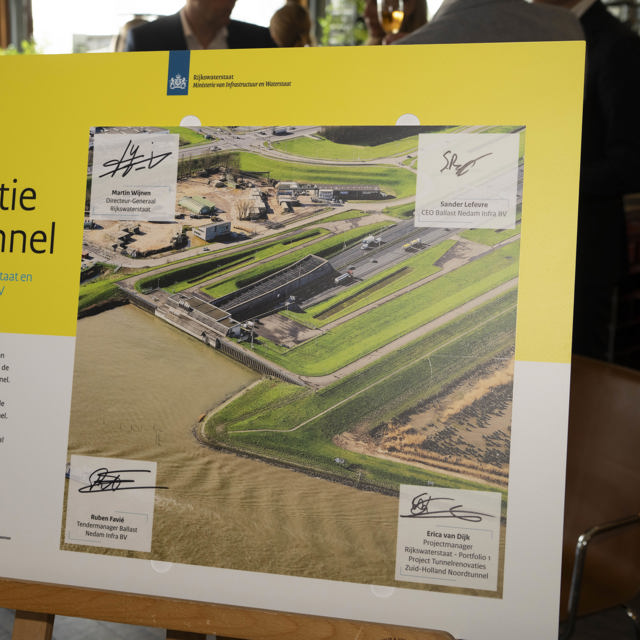Sustainability in the asphalt chain
Ballast Nedam is fully committed to increasing the sustainability of the asphalt chain. The driving force behind this is Dutch legislation and regulations requiring us to reduce our CO2 emissions. Ballast Nedam also strongly believes in the added value and impact of clean construction sites.
Investments
With this in mind, Ballast Nedam Road Specialties recently invested in converting an existing HAMM HW90 asphalt road roller to a 100% electric drive. Uniquely, this is Ballast Nedam's first piece of heavy equipment that no longer uses fossil fuel. With this converted roller, we are gaining experience in charging and operating heavy electrical equipment that is also zero emission.


Sustainable next steps
The next step in making our asphalt equipment sustainable is to electrify our transport. By 2023, we want the supply and transport of asphalt to be zero-emission. We will do this in consultation with our permanent partners for asphalt transport. We also hope to be able to take another step towards the electrification of our other equipment when processing asphalt in the years ahead.
In the context of circularity, developments are also taking place to make asphalt more sustainable. At present, we are already able to reuse old asphalt to a high extent of 70% and use it in the production of new asphalt. Our own laboratory is even researching the possibility of developing asphalt with a 98% recycling rate.
For a number of years, we have been investing in roofing material storage facilities at the asphalt production plants. These covers are necessary in order to store the material in a dry environment, which means that less gas is needed to heat the asphalt. This development is important, as the dry heating of materials accounts for most of the energy needed to heat asphalt. Reducing gas consumption not only saves the environment but also money. Therefore, these shelters, like the one at the asphalt plant in Tiel, are fitted with solar panels to generate their own green electricity.
For the Ballast Nedam Road Specialties office and storage facility, a subsidy has been applied for to install solar panels on the roofs. These panels will enable us to reduce CO2 emissions by generating our own energy, while at the same time charging our electric cars and equipment with our own electricity.
Looking ahead
We expect the asphalt product to consist of an increasingly high percentage of recycled old asphalt and the production of the asphalt mixture at 150ºC degrees to be reduced to around 25ºC. The lower the temperature, the less gas has to be used. Research into the quality of low-temperature asphalt is already taking place. The emission of benzene and PAH (policyclic aromatic hydrocarbons) during the production of asphalt is the subject of discussion in the Netherlands and it is expected that legislation and regulations will be introduced. Research is currently being conducted into this and low-temperature asphalt is helping to control this problem.
Ballast Nedam is also aiming to be able to construct asphalt roads with zero emissions by 2030. This means that we are also entering into discussions with the chain of suppliers, transporters and subcontractors, so that they too can invest in a clean, sustainable future. A great challenge.





